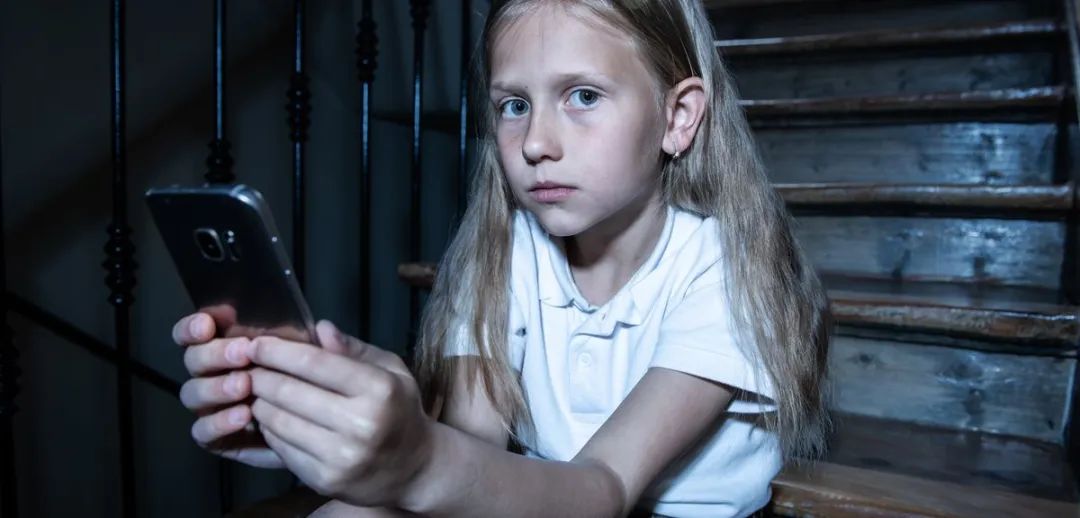当前位置:首页 » 英国相关 » 正文
-
根据包括牛津互联网研究所专家在内的一个国际科学家团队发表的研究:女孩在11-13岁时可能更容易受到社交媒体的负面影响,男孩在14-15岁更容易受到影响。增加对于社交媒体的使用也可能影响到19岁时的生活满意度,生活满意度较低的青少年会更多地使用社交媒体。

图源牛津大学官网
Girls and boys might be more vulnerable to the negative effects of social media use at different times during their adolescence, according to research published today by an international team of scientists, including experts from the oxford Internet Institute.
In a study published in Nature Communications, UK data shows, girls experience a negative link between social media use and life satisfaction when they are 11-13 years old and boys when they are 14-15 years old. Increased social media use also predicts lower life satisfaction at age 19 years.
"Sensitivity to social media use might be linked to developmental changes, possibly changes in the structure of the brain, or to puberty, which occurs later in boys than in girls"
This suggests sensitivity to social media use might be linked to developmental changes, possibly changes in the structure of the brain, or to puberty, which occurs later in boys than in girls. But, for both, social media use at the age of 19 years was again associated with a decrease in life satisfaction. At this age, say the researchers, it is possible social changes – such as leaving home or starting work – may make us vulnerable.
Social media has fundamentally changed how young people spend time, share information and talk to others. This has led to widespread concern about its potential negative impact. Yet, even after years of research, there is still considerable uncertainty about how social media relates to wellbeing. The team looked for a connection between estimated social media use and reported life satisfaction and found key periods of adolescence where social media use was associated with a subsequent decrease in life satisfaction. The researchers also found teens who have lower than average life satisfaction later use more social media.
"The researchers also found teens who have lower than average life satisfaction later use more social media."
Dr Amy Orben, from the University of cambridge, who led the study, said, ‘The link between social media use and mental wellbeing is clearly very complex. Changes within our bodies, such as brain development and puberty, and in our social circumstances appear to make us vulnerable at particular times of our lives.’
She maintained, ‘I wouldn’t say that there is a specific age group we should all be worried about. We should all be reflecting on our social media use and encouraging those conversations but we need to understand what is driving these changes across the age groups and between genders. There are very large individual differences, so there may be certain teenagers that benefit from their use of social media whilst at the same time, someone else is harmed.'
"We should all be reflecting on our social media use and encouraging those conversations but we need to understand what is driving these changes across the age groups and between genders."
Professor Andrew Przybylski, Director of Research at the Oxford Internet Institute said, 'Currently the amount of time young people spend on social media is a “black box” to scientists and parents alike. To improve our science we need better data and to improve parenting around tech we need to start a new conversation. It’s not about social media being good or bad, it’s about what young people are up to, why they are using it, and how they feel about it fits into the greater picture of family life.'
Dr Orben added, ‘With our findings, rather than debating whether or not the link exists, we can now focus on the periods of our adolescence where we now know we might be most at risk and use this as a springboard to explore some of the really interesting questions.’
"It’s not about social media being good or bad, it’s about what young people are up to, why they are using it, and how they feel about it fits into the greater picture of family life."
Professor Przybylski agreed and said, 'To pinpoint which individuals might be influenced by social media, more research is needed that combines objective behavioural data with biological and cognitive measurements of development. We therefore call on social media companies and other online platforms to do more to share their data with independent scientists, and, if they are unwilling, for governments to show they are serious about tackling online harms by introducing legislation to compel these companies to be more open.'
The team, including psychologists, neuroscientists and modellers, analysed two UK datasets comprising some 84,000 individuals between the ages of 10 and 80 years old. These included longitudinal data – that is, data that tracks individuals over a period of time – on 17,400 young people aged 10-21 years old. The researchers are from the Universities of Cambridge and Oxford, and the Donders Institute for Brain, Cognition and Behaviour.
The researchers are keen to point out that, while their findings show at a population level that there is a link between social media use and poorer wellbeing, it is not yet possible to predict which individuals are most at risk.
*文章转自牛津大学官网
本篇文章来源于微信公众号:京领新国际
推荐阅读:
版权声明:“备战深国交网”除发布相关深国交原创文章内容外,致力于分享国际生优秀学习干货文章。如涉及版权问题,敬请原作者原谅,并联系微信547840900(备战深国交)进行处理。另外,备考深国交,了解深国交及计划参与深国交项目合作均可添加QQ/微信:547840900(加好友时请标明身份否则极有可能加不上),转载请保留出处和链接!
非常欢迎品牌的推广以及战略合作,请将您的合作方案发邮件至v@scieok.cn本文链接:http://shenguojiao.scieok.cn/post/3022.html
-
- 现知道伦敦学校的学费为啥这么贵了 英国房价最高的十条街 -- 都在伦敦
- QS排名全球第2的帝国理工凭啥能干掉牛剑?深扒后发现它确实不简单
- 《卫报》独家:英国顶尖大学录取出现“秘密候补名单”
- 读LSE要花多少钱?2020年入学的本科学费是£21,570
受青春期变化影响,男孩与女孩受到社交媒体最大负面影响的年龄阶段不同
18389 人参与 2022年04月26日 12:20 分类 : 英国相关 评论
search zhannei
深国交2024年英美本科录取小计
-

未标注”原创“的文章均转载自于网络上公开信息,原创不易,转载请标明出处
深国交备考 |
如何备考深国交 |
深国交考试 |
深国交培训机构 |
备战深国交 |
联系方式
Copyright www.ScieOk.cn Some Rights Reserved.网站备案号:京ICP备19023092号-1商务合作
友情链接:X-Rights.org |中国校园反性骚扰组织 | 留学百词斩 | 南非好望角芦荟胶 | 云南教师招聘考试网 | 备战韦尔斯利网| 备战Wellesley



